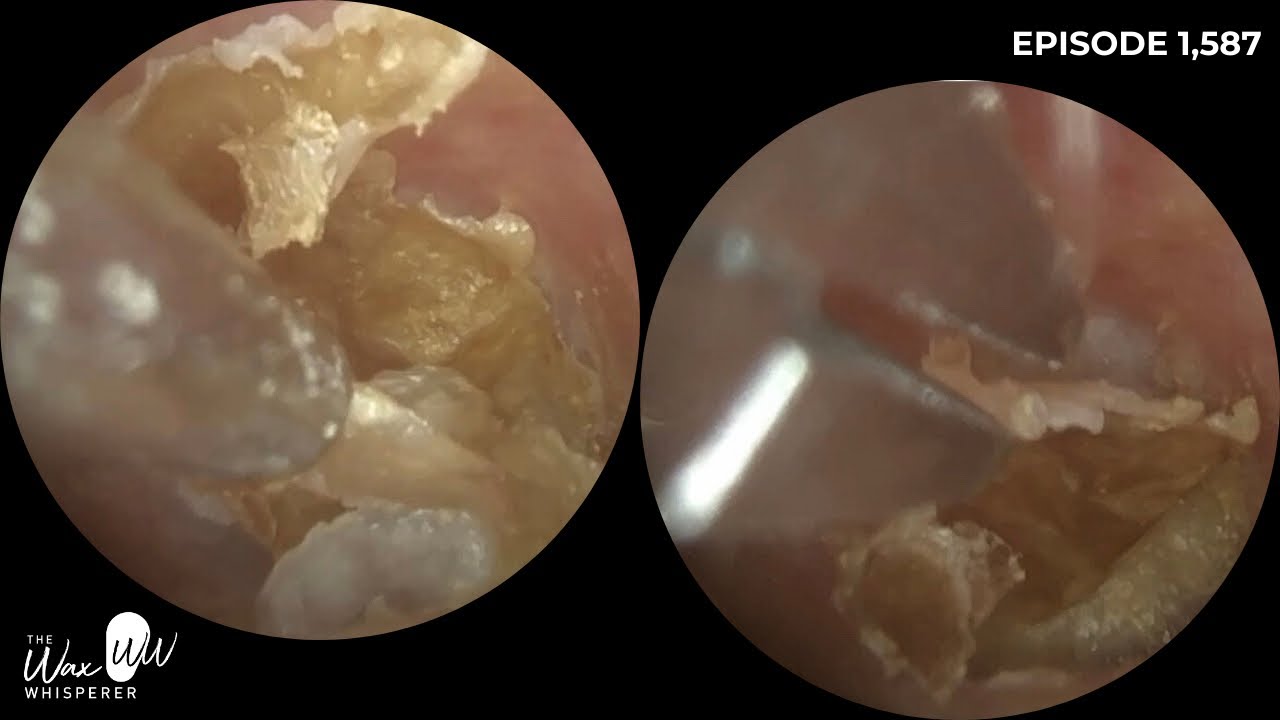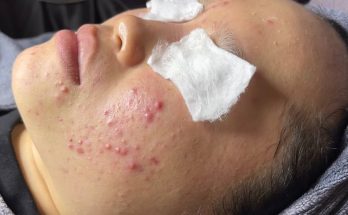All About Itchy Ears: Why Do They Itch and How Do You Stop It?


Article by Hearing Partners, contributed by Jennifer Lee, Senior Clinical Audiologist at Hearing Partners
Are your ears constantly bothering you with incessant itching? If so, you’re not alone. Itchy ears are a bothersome and uncomfortable condition that affects many people.
In this article, we’ll delve into the causes of itchy ears and explore ways to alleviate the itch. We’ll also share some care tips and things to avoid when trying to relieve the itch. Read on to discover how you can find relief safely and effectively.
Causes of Itchy Ears
Understanding the reason behind the itch is key to resolving it. Here are some of the most common causes of this sensation.
Overcleaning of the ears
While cleaning your ears may provide temporary relief for the itch, overcleaning can expose you to more significant problems. Earwax plays a crucial role in protecting and waterproofing your ears. Excessive cleaning can remove the protective barrier created by the earwax, increasing your chances of an ear infection.
Moreover, inserting objects into your ear canal to clean or scratch it often worsens the situation by pushing the wax deeper inside. This can eventually lead to a buildup of earwax, causing pain, itchiness and unpleasant odours from your ear.
Using tools like bobby pins, paper clips, or even your fingers to dig your ears can also cause scratches on the delicate skin inside, creating an entry point for bacteria and increasing the risk of infection.
Seborrheic dermatitis
Itchy ears can often be caused by a condition known as seborrheic dermatitis. This particular type of rash primarily affects the sebaceous glands responsible for oil production. It’s not limited to the scalp and eyebrows but can also occur in the ears.
As you age, the likelihood of developing seborrheic dermatitis increases. In mild cases, the skin may flake, resembling dandruff, while more severe instances can result in redness and intense itching.
Ear infections
If your ears are itchy, it could be a sign of an ear infection. These infections are usually caused by bacteria or viruses and are often related to ear hygiene or allergies.
Overusing headphones and hearing aids or using dirty ones can cause itching and increase the chance of ear inflammation. The skin in the ear canal may be injured due to a large amount of friction from the earplugs. Additionally, failure to clean the earplugs regularly can lead to bacterial growth.
Long-term blockage of the ear canal will also cause moisture to accumulate in the ear, creating a good breeding ground for bacteria or fungi. This can turn into a specific type of ear infection called otitis externa or swimmer’s ear, which causes symptoms such as pain, itching, redness, and swelling. In rare cases, you may also have an allergic reaction to specific components of your hearing aid or earplugs, causing itching.
Itchy ears can also be caused by a fungal ear infection or otitis media, which affects the middle ear.
Skin conditions
Even the ear canal, including the area near the eardrum, can be susceptible to skin conditions like eczema and psoriasis. Eczema results in patches of the skin becoming red, itchy, and inflamed, while psoriasis manifests as a red, itchy rash on the skin.
Allergies
Itchy ears can be triggered by various types of allergies, from food to seasonal allergies and even contact dermatitis. For example, people who are allergic to pollen can react to pollen that penetrates the ear canal, and people who are allergic to certain fruits, vegetables, or nuts may also experience itchy ears if they consume these.
Additionally, certain skincare and hair products, as well as certain metals found in jewellery, particularly nickel, can cause skin irritation and contribute to ear itching.
How to Stop Your Ears from Itching
Itchy ears usually go away within a few days, especially if they’re mild. Depending on the cause of the itching, there may be some simple remedies that can be effective in addressing the issue.
For instance, if the itch is triggered by seasonal allergies, taking an antihistamine may relieve the symptoms. On the other hand, if the itching is caused by earwax or excessive cleaning, applying a drop or two of olive oil or ear drops may help.

If your condition is mild but does not improve after a few days, we recommend consulting your General Practitioner (GP) or family doctor. Using a tool known as an otoscope, they’ll examine the skin inside your ear and diagnose the underlying cause of the itch. If necessary, they may also remove earwax.
It’s crucial not to ignore any signs of drainage, unpleasant odour, ear pain, or noticeable inflammation. These symptoms may indicate an infection or a more serious problem, and it’s essential to seek professional help promptly. Accurate diagnosis and appropriate treatment are vital in such cases.
Speak to a hearing care professional today
Your ears play an important role in your daily life and should not be neglected. Speak to our hearing care professionals regarding your concerns today.
What to Avoid When Trying to Relieve the Itch
Dealing with a constant itch in your ear can be uncomfortable, and you may be tempted to find quick ways to relieve the itch. However, it’s important to refrain from scratching your ear or attempting ear candling as these can harm your ears and lead to further complications.
Avoid scratching your ear
While it may seem like a quick fix, using your finger, a Q-tip, or a toothpick to scratch an itch is not a recommended solution. This seemingly innocent act can do more harm than good to your ears.
The delicate skin of your inner ear can easily be scratched, which may result in an ear infection. You may even damage your eardrum in the process. Thus, it’s best to avoid such practices and speak to a hearing care professional if you experience persistent itching in your ear.
Avoid ear candling
While ear candling is often marketed as an effective method for removing earwax, it isn’t backed by scientific evidence. In reality, the use of ear candles carries the risk of causing burns to the face and ears, puncturing the eardrum and obstructing the ear canal with candle wax.
Thus, it’s crucial to avoid resorting to ear candling as a solution to relieve ear itch, as it may lead to more severe consequences.
FAQs About Itchy Ears
Should I be worried about itchy ears?
In most cases, a slight itch is not a cause for concern as it usually resolves on its own over time. However, if the itch persists for a few days, or is accompanied by symptoms such as drainage or excessive bleeding, we recommend seeing a doctor as soon as possible.


